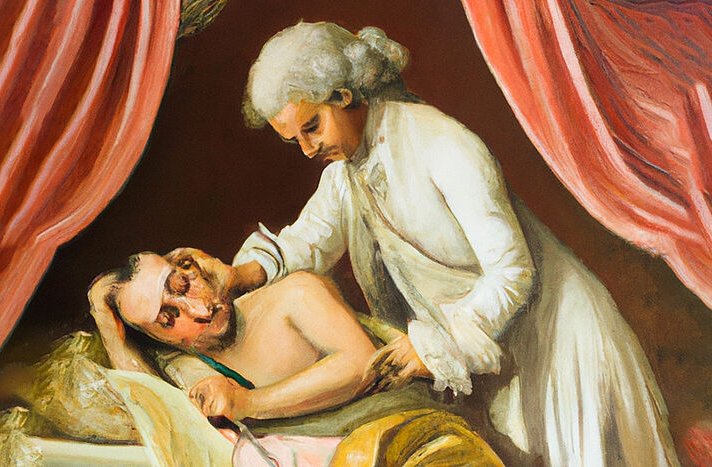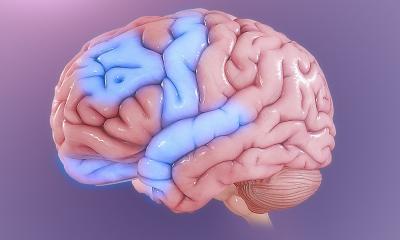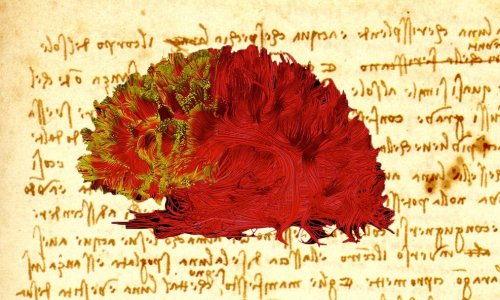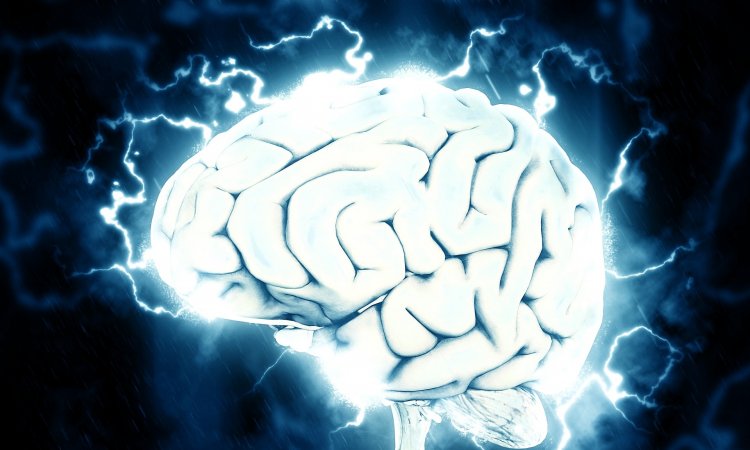
Image source: University of Vienna; generated via DALL·E
News • Curative effects of Sonata KV488
Epilepsy: researchers dispel "Mozart myth"
A new study by psychologists at the University of Vienna shows that there is no scientific evidence supporting the alleged positive effect of Mozart's Sonata KV448 on epilepsy.
Over the past fifty years, there have been remarkable claims about the effects of Wolfgang Amadeus Mozart's music. Reports about alleged symptom-alleviating effects of listening to Mozart’s Sonata KV448 in epilepsy attracted a lot of public attention. However, the empirical validity of the underlying scientific evidence has remained unclear. Now, University of Vienna psychologists Sandra Oberleiter and Jakob Pietschnig show in a new study published in the journal Nature Scientific Reports that there is no evidence for a positive effect of Mozart's melody on epilepsy.
In the past, Mozart’s music has been associated with numerous ostensibly positive effects on humans, animals, and even microorganisms. For instance, listening to his sonata has been said to increase the intelligence of adults, children, or fetuses in the womb. Even cows were said to produce more milk, and bacteria in sewage treatment plants were said to work better when they heard Mozart's composition. However, most of these alleged effects have no scientific basis. The origin of these ideas can be traced back to the long-disproven observation of a temporary increase in spatial reasoning test performance among students after listening to the first movement allegro con spirito of Mozart’s sonata KV448 in D major.
Mozart’s music is beautiful, but unfortunately, we cannot expect relief from epilepsy symptoms from it
Sandra Oberleiter and Jakob Pietschnig
More recently, the Mozart effect experienced a further variation: Some studies reported symptom relief in epilepsy patients after they had listened to KV448. However, a new comprehensive research synthesis by Sandra Oberleiter and Jakob Pietschnig from the University of Vienna, based on all available scientific literature on this topic, showed that there is no reliable evidence for such a beneficial effect of Mozart’s music on epilepsy. They found that this alleged Mozart effect can be mainly attributed to selective reporting, small sample sizes, and inadequate research practices in this corpus of literature. "Mozart’s music is beautiful, but unfortunately, we cannot expect relief from epilepsy symptoms from it," conclude the researchers.
Source: University of Vienna
11.03.2023











